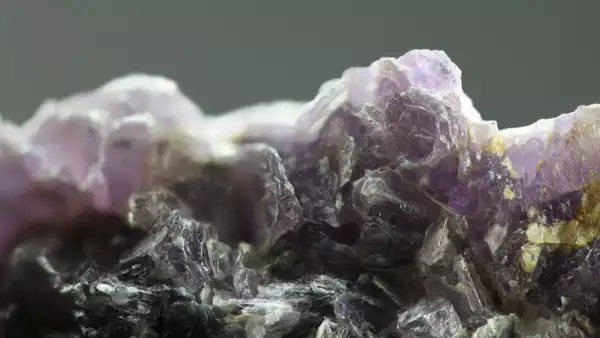Lithium reserves have been discovered in Degana, Rajasthan, according to state government officials. Mining and Geological Survey of India (GSI) authorities claim the deposits are larger than those discovered lately in Jammu and Kashmir.
Lithium is a nonferrous metal that is utilized in the production of mobile-laptop, electric cars, and other rechargeable batteries.
According to GSI and mining officials, the amount of lithium in these reserves can provide 80 percent of India’s overall needs. The finding of these reserves could help India reduce its reliance on China for lithium.
To date, India has relied on China for Lithium. However, with the finding of this reserve in Rajasthan, it is expected that China’s monopoly would end, and Rajasthan’s fortunes, like those of the Gulf countries, will grow, according to IANS.
India is entirely reliant on pricey foreign sources of lithium. Now, GSI has discovered huge amounts of lithium near Degana.
Lithium reserves in Rajasthan have been discovered in the same Renvat hill of Degana and its surrounding area that historically supplied the country with tungsten material. Tungsten mineral was discovered in 1914 on the hill of Renwat in Degana by the British during their control.
Prior to independence, the tungsten produced here was utilized to manufacture war materials for the British Army during World War I. Following independence, it was also employed in the production of surgical equipment in the country’s energy and health sectors. Around 1500 people worked here at the time.
China’s cheap export policy made tungsten exports from here pricey in 1992-93. Tungsten production was eventually halted here. This hill, which had been inhabited for years and had contributed to the country’s progress by supplying tungsten, was deserted in a single stroke.
During that time, the offices, houses, gardens, and even schools built by GSI and other government officials were destroyed. According to officials, the lithium extracted from this hill would transform the fate of Rajasthan and the country.
Lithium is the lightest metal on the planet, yet it is required by every battery-powered equipment.
Lithium is also the world’s softest and lightest metal. It is soft enough to cut with a vegetable knife and light enough to float in water. It converts chemical energy into electrical energy by storing it.
Today, lithium may be found in every charging electronic and battery-powered device in the home. As a result, there is a high demand for lithium all over the world. It is also known as White Gold due to its high global demand. One tonne of lithium is worth around Rs 57.36 lakh globally.
The energy transition is occurring all across the planet. Every country is rapidly transitioning from fossil fuel energy to renewable energy. The use of lithium is expanding, from aircraft to wind turbines, solar panels, electric vehicles, mobile phones, and every small and large charging item in the home.
According to the World Bank report, by the year 2050, the global demand for Lithium metal will increase by 500 percent. From this point of view, getting immense reserves of Lithium in Rajasthan is extremely beneficial not only for the state but also for the country’s economy.
The world’s largest Lithium reserves of 21 million tonnes are currently in the country of Bolivia. After this, there are also large reserves in Argentina, Chile, and America. Despite this, China, which has reserves of 5.1 million tonnes of Lithium, continues to have a monopoly in the global market.
India also has to buy 53.76 percent of its total Lithium imports from China. In the year 2020-21, India imported Lithium worth more than Rs 6,000 crore and out of this Lithium worth more than Rs 3,500 crore was bought from China.
In such a situation, officials believe that the Lithium deposits found in Rajasthan are so much that China’s monopoly can be completely ended and the country can become self-sufficient in the matter of green energy.
Also read: Discovery of lithium reserves in occupied Kashmir
